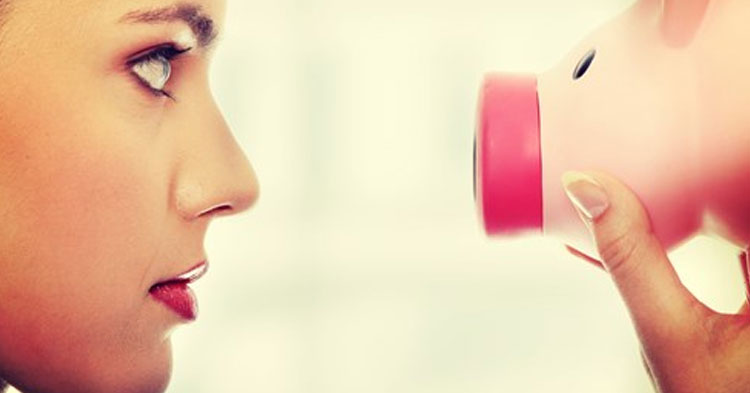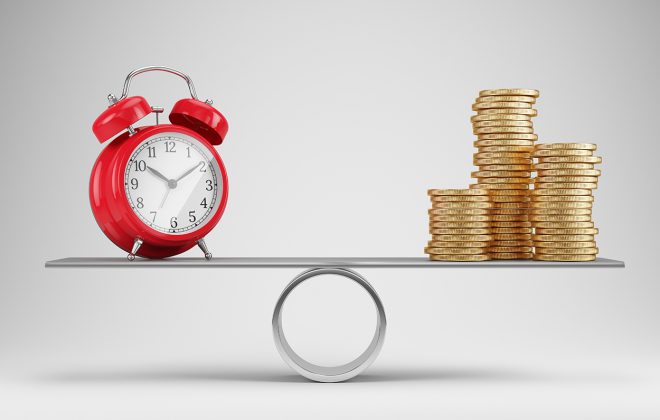How to make the most out of your bank account
One third more South Africans have a bank account today than did 10 years ago – that makes 75% of us now part of the banked population. But here’s an interesting fact: 33% of South Africans with bank accounts withdraw all their money as soon as it is deposited. That’s a third of our population. These figures come from the FinScope South Africa 2014 Consumer Survey*.
This got us thinking about why people have bank accounts they don’t really use. Maybe the only reason you opened a bank account was that your employer insisted on it so that they could pay your salary directly into a bank rather than paying you in cash. Most employers do this for very good reasons: it’s safer, easier, quicker and more efficient. These are the very same reasons it’s good to have a bank account.
Here are our 5 top tips on why having a bank account is a good thing, and how to make the most of it.
1. SECURITY
Let’s get real. We live in a crime-ridden country so why are we keeping cash at home? And it’s not just burglary we have to worry about. What if your home was flooded or there was a fire? We sincerely hope none of those things will ever happen to you but if they did, wouldn’t you be glad that at least your money was safe?
And what if you hid your money at home and then forgot where you put it? Don’t laugh – it happens! And what if someone else found it and took it?
Any money you put in the bank is protected by law until you move it, either by withdrawing it or by transferring it somewhere else, so security is a very good reason to leave your money in the bank until you need it.
2. EASE AND CONVENIENCE
When you need to pay for something, you can withdraw cash from an ATM or you can use a debit card. This is the opposite of a credit card. A debit card works with your bank account and can only draw on funds that are in your bank account. It’s by far the easiest and most convenient way to physically pay for things. It’s also the best way to ensure you only spend money you actually have. If you don’t have enough money in your account to pay for something, the card will be rejected.
You can also pay for many things via telephone banking or via online banking (internet banking). The latter is also called an EFT which stands for electronic funds transfer. In addition, you can buy things like airtime and data electronically. Both online and phone banking let you keep an eye on your funds in real-time.
3. DIRECT DEBITS
You can set up your bank account to automatically pay certainly bills on the same day every month. This could include all your accounts, loan, bond or car repayments, insurance payments, rent, etc. This way you never forget to pay an important bill and your payments are never late.
4. BUDGETING
If you take your pay out of your bank account immediately, you’re likely to spend more. If you leave it in the bank, it’s less tempting and makes budgeting easier. And you know that people who budget always do better financially, right? It’s true.
5. INTEREST
You earn interest on positive balances so the more money in your bank account, the more you earn. For most of us, a normal current account gets filled up by our employers or clients at the end of the month, and then gets steadily emptied as the month progresses and we pay for the things we need. But while the balance is positive for any length of time, it attracts interest, and even if it’s a small amount, it’s welcome!
If you regularly have money over every month – it doesn’t matter how much – you should open a bank savings account and transfer the money into it because you earn more interest on a savings account than a current account.
The MoneyShop Team
*FinScope South Africa 2014 Consumer Survey is conducted for FinMark Trust, an organisation that works on the development of inclusive financial systems that can benefit all people.
MoneyShop





